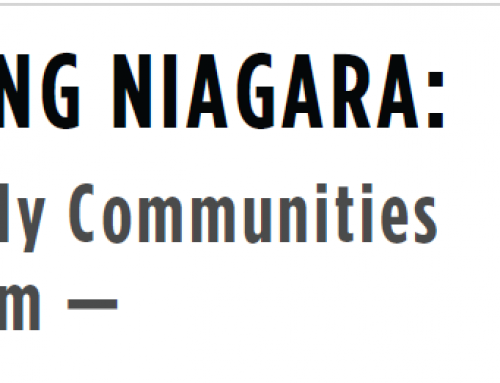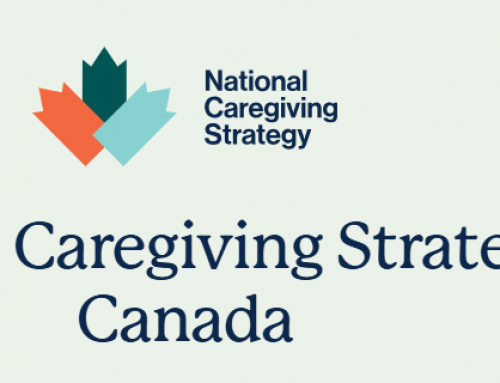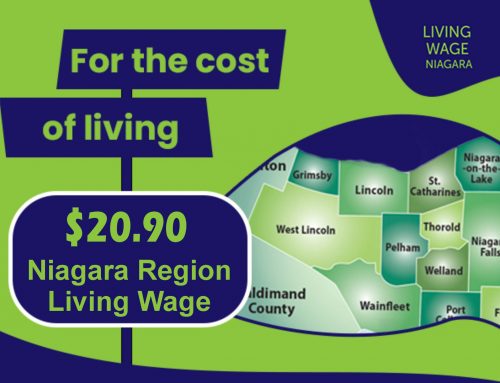First published April 26, 2022 in The Hamilton Spectator. Reposted with permission of the authors. Co-author Dominic Ventresca is Chair of the Age-Friendly Niagara Council (AFNC) Board; and the AFNC is a member of the Ontario Association of Councils on Aging.
As Ontario identifies priorities for the 2022 budget and as all political parties prepare their 2022 election platforms, the Ontario Association of Councils on Aging (OACA) Board of Directors requests the urgent implementation of the key recommendations of the Ontario Long-term Care COVID-19 Commission. The budget and the next government must identify the necessary measures that ensure the devastating impact of a pandemic on residents of long-term-care homes and older adults, in general, never happens again. Appropriately funded reforms to the long-term-care and home-care system are urgently required to fix long-standing vulnerabilities which COVID-19 tragically exposed.
The OACA reflects the perspective of thousands of older adults across the province. In its presentation to the commission in December 2020, the OACA urged that the government must address long-standing systemic shortcomings with a bold, integrated, and comprehensive package of systemic solutions, including:
- increased care staff;
- improvements to home and community care;
- specific corresponding fiscal allocations;
- and clear milestones to ensure public accountability for follow-up by government.
The road map to transformation was well articulated by the commission. The identified key measures must be reflected in the 2022 budget and implemented by the current and next government with determination and a sense of urgency. Four of the commission’s recommendations which align with the OACA’s presentation provide the necessary direction:
- fund person-centred models of care;
- increase care hours for allied health professionals;
- improve home care for overall integrated systemic improvement;
- ensure government accountability (i.e., the commission’s ultimate recommendation requires the minister of long-term care tabling a progress report in the legislature on the first and third anniversary of the release of the commission’s report).
We recognize the complexity of transforming long-term care. The identified goal of an average of four hours of resident care per day is the single most important pillar on which to transform the LTC home system and must be implemented up front in any multi-year plan. The residents of LTC homes cannot wait until 2025. Ontario’s older adults need the commitment now of every Ontario political party leader and every MPP to help ensure they can feel safe and well cared for in a LTC home and their families can trust the system to protect their loved ones.
The transformation must proceed on an urgent basis as outlined to foster the best possible quality of life for residents that addresses the necessary social, emotional, mental, physical, and spiritual aspects of life. We hope we have your commitment.
Lilian Wells is the president of OACA and representative for the Toronto Council on Aging. Dominic Ventresca is the OACA board member representing Age-Friendly Niagara Council. For information about the Ontario Association for Councils on Aging, visit ontariocouncilsonaging.ca.
Are you interested in strengthening Niagara as an inclusive community for people of all ages? Connect with the Age-Friendly Niagara Council: info@agefriendlyniagara.com






